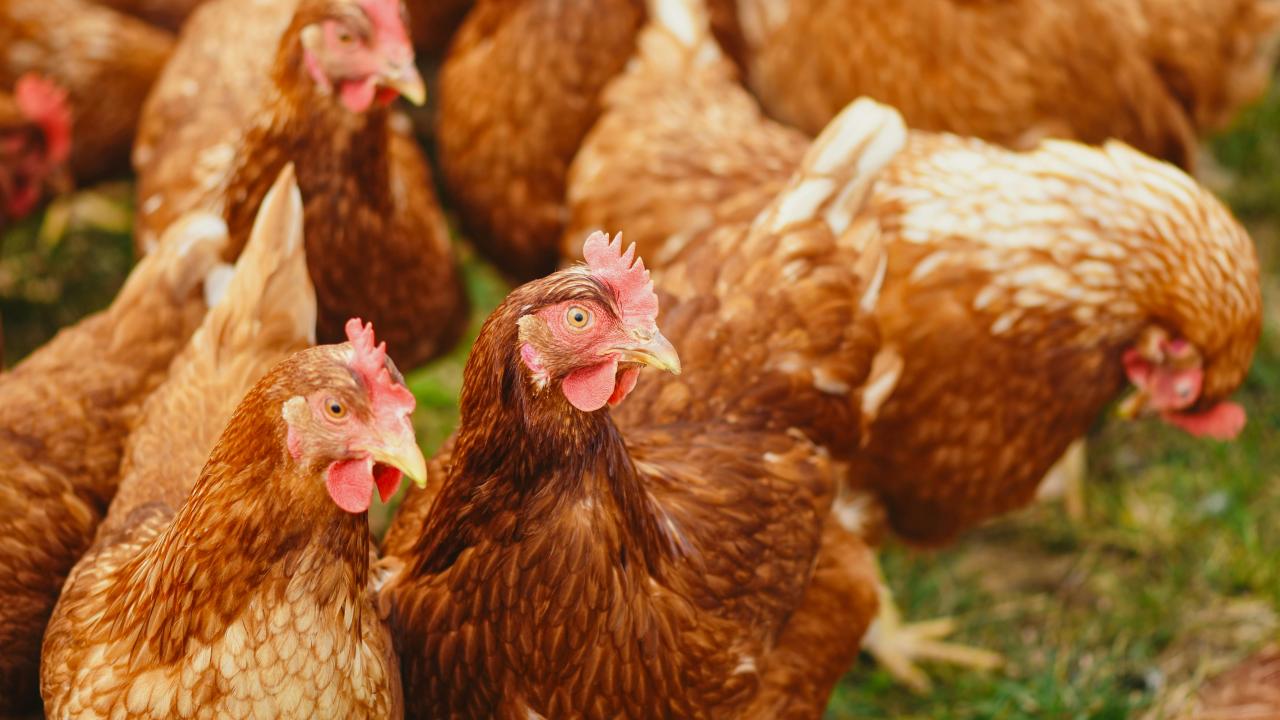
Bird Flu Frequently Asked Questions
Currently bird flu (also known as Highly Pathogenic Avian Influenza or H5N1) is affecting dairy and poultry farms across the country. Agricultural workers are also getting sick from bird flu after exposure to infected animals.
We have received numerous questions about bird flu from agricultural workers, community leaders, and producers. We provide answers below and will update this resource as more information becomes available.
What are the symptoms of bird flu in humans?
The symptoms of bird flu in humans are similar to the regular flu. Symptoms include eye infection (such as eye redness or discharge), sore throat, cough, sneezing, runny nose, fatigue, muscle aches, diarrhea, and fever. The most common symptom in humans in the United States has been an eye infection. Symptoms have been mild in most of the cases of bird flu in humans in the United States, but bird flu has caused one death in a human in the United States. We describe common symptoms, transmission, and recommended safety precautions in this article.
Can you tell bird flu from regular flu?
Testing is the only way to confirm an illness is bird flu and not another virus. If you have symptoms that might be bird flu and have been exposed in the last 10 days to animals that are infected or may be infected, you should contact your local public health office. You can find the contact information for the health offices here. Your local public health office can provide guidance on testing and medication.
Can bird flu in humans be treated?
Bird flu can be treated using regular prescription flu medicine. If bird flu is suspected, your local public health office or your healthcare provide may prescribe flu medicine.
Does it spread from person to person?
There is currently no evidence that the bird flu circulating in the U.S. right now can spread from human to human. However, limited spread of bird flu between people has been observed in other countries. The CDC recommends that people sick with bird flu should isolate from other members of the household for 10 days.
Are there long-term effects like with long COVID?
There is still a lot to be learned about bird flu infection in humans. Cases in the United States have mostly been very mild, primarily eye infections and flu-like symptoms, but bird flu has caused one death in a human in the United States..
How can bird flu be prevented in humans?
Prevention is the best way to keep yourself healthy. It is recommended that people, typically agricultural workers, who come in contact with sick animals and their environment wear full personal protective equipment (PPE). This includes eye protection (such as goggles or a face shield), an N95 respirator, gloves, etc. People should wash their hands thoroughly with soap and water after working with sick animals or their environment. You can find more information about recommended PPE here.
What leave options are available for someone with bird flu?
If you test positive for bird flu, you can use any earned paid sick leave to miss work while you recover. Paid sick leave is a benefit in California and you may qualify for up to a maximum for 5 days or 40 hours (whichever is more) of paid sick leave per year. You can learn more about the benefit here.
You may be eligible for workers’ compensation. Workers’ compensation is designed to provide you with the medical treatment you need to recover from a work-related injury or illness, like bird flu. You can learn more about workers’ compensation here.
What are employer responsibilities for bird flu prevention at the workplace?
Employers in California must follow California Code of Regulations, Title 8 section 5199.1 Aerosol Transmissible Diseases – Zoonotic in addition to Title 8 section 3202 Injury and Illness Prevention Program. A zoonotic exposure prevention plan is required for all producers with animals. Our employer checklist, found here, provides more information about the requirements. Additional information for employers can be found on the DIR Fact Sheet (English / Spanish).
Resources
- Safety messages (English / Spanish)
- Bird Flu Exposure Prevention – Employer Fact Sheet
- Bird Flu Information for Employers
- What Workers Need to Know About Bird Flu (English / Spanish)
